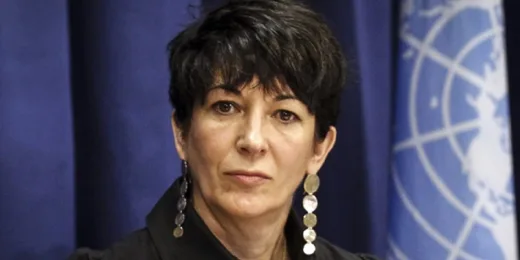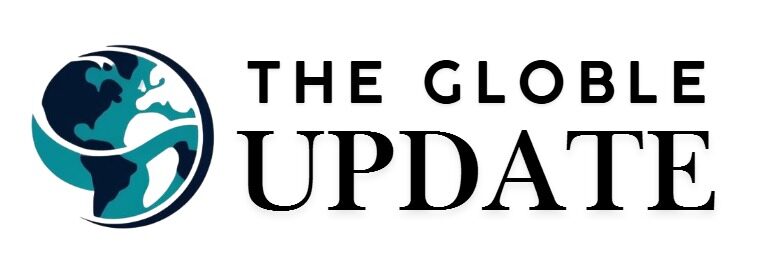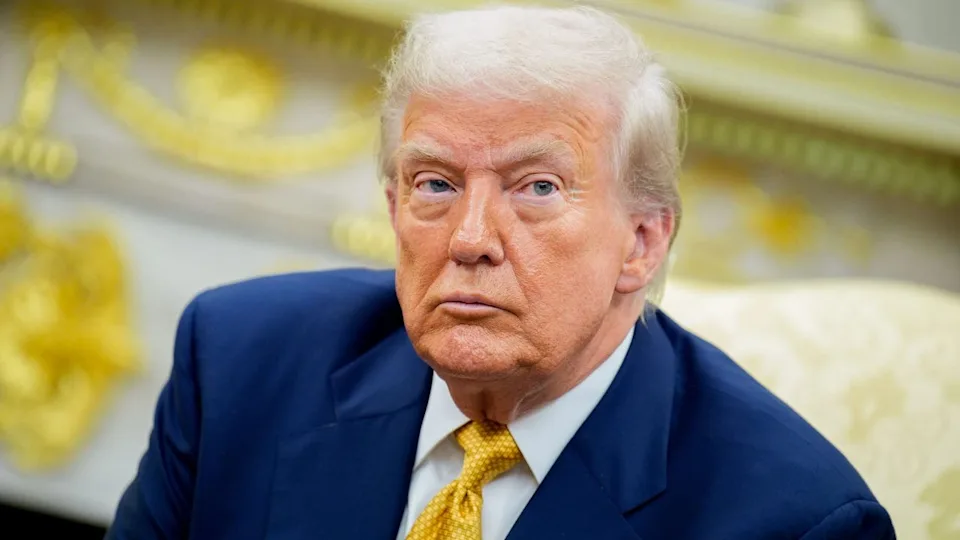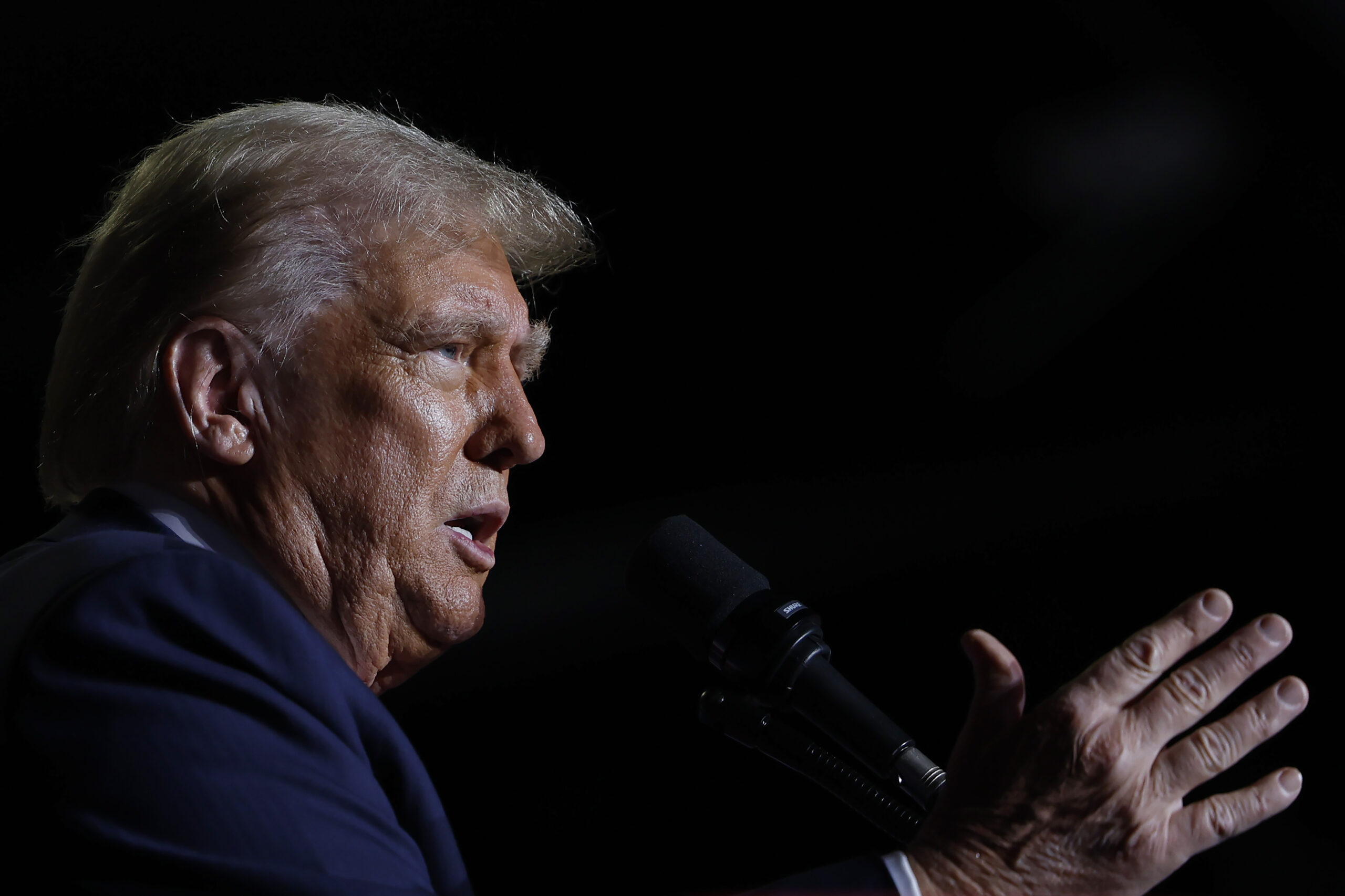The Trump administration is currently debating whether to release the transcript of a recent Department of Justice interview with Ghislaine Maxwell, the convicted associate of Jeffrey Epstein. The interview, conducted last month by Deputy Attorney General Todd Blanche, is part of a broader effort to revisit and clarify details surrounding the Epstein case.
As pressure mounts for transparency, the White House and DOJ are exploring the public and political implications of releasing this sensitive material.
Audio Recording Exists, But Decision Pending
According to senior officials, the Department of Justice not only interviewed Maxwell over a two-day period in Tallahassee, Florida, but also recorded the entire session. That recording has since been transcribed and digitized — a process still ongoing.
However, the administration has yet to make a final call on whether that transcript (or the audio itself) will be made available to the public. Officials say certain details would require redaction, particularly the names of victims and other sensitive content.
“We’re still discussing the best course of action,” one official stated, indicating that internal debate is still active.
White House Divided Over Release
Within the White House, opinions are split. Some believe releasing the transcript could bring unwanted attention back to a topic that has cooled down politically. Others argue that this is an opportunity to demonstrate transparency and regain control of the public narrative.
| Pro-Release View | Cautionary View |
|---|---|
| Aligns with public demand for transparency | May reignite scandal near election season |
| Helps reset the narrative on Epstein handling | Risk of harming individuals named in transcript |
| Shows Trump administration is open and direct | Political backlash could overshadow intentions |
Trump Responds, Defends Blanche
In a recent interview, President Donald Trump addressed the matter, explaining his willingness to release all credible evidence related to Epstein — as long as it doesn’t endanger innocent individuals.
“We’d like to release everything, but we don’t want people to get hurt that shouldn’t be hurt,” Trump told Newsmax.
“I haven’t spoken about it, but [Blanche] is a very talented guy… I think he probably wanted to know, just to get a feeling of it.”
Trump has also distanced himself from any clemency discussions regarding Maxwell, though he’s left the door open, stating he is “allowed to do it.”
Maxwell’s Prison Transfer Raises Eyebrows

Photo Credit :- msnbc
Ghislaine Maxwell is currently serving a 20-year federal sentence following her 2022 conviction. She was recently moved from a Florida federal facility to a low-security prison camp in Texas — a rare decision for someone convicted of a sex offense, and one that’s sparked legal speculation.
Despite her conviction, Maxwell continues to appeal her case, even taking her arguments to the Supreme Court.
Final Thoughts
As the Trump administration evaluates the release of Ghislaine Maxwell’s DOJ interview transcript, the outcome could stir new public and media interest in the Epstein case. For the Trump camp, it’s a balancing act: uphold transparency while managing political risk.
The final decision — expected in the coming weeks — could shape how the administration is perceived on issues of justice, accountability, and openness.




